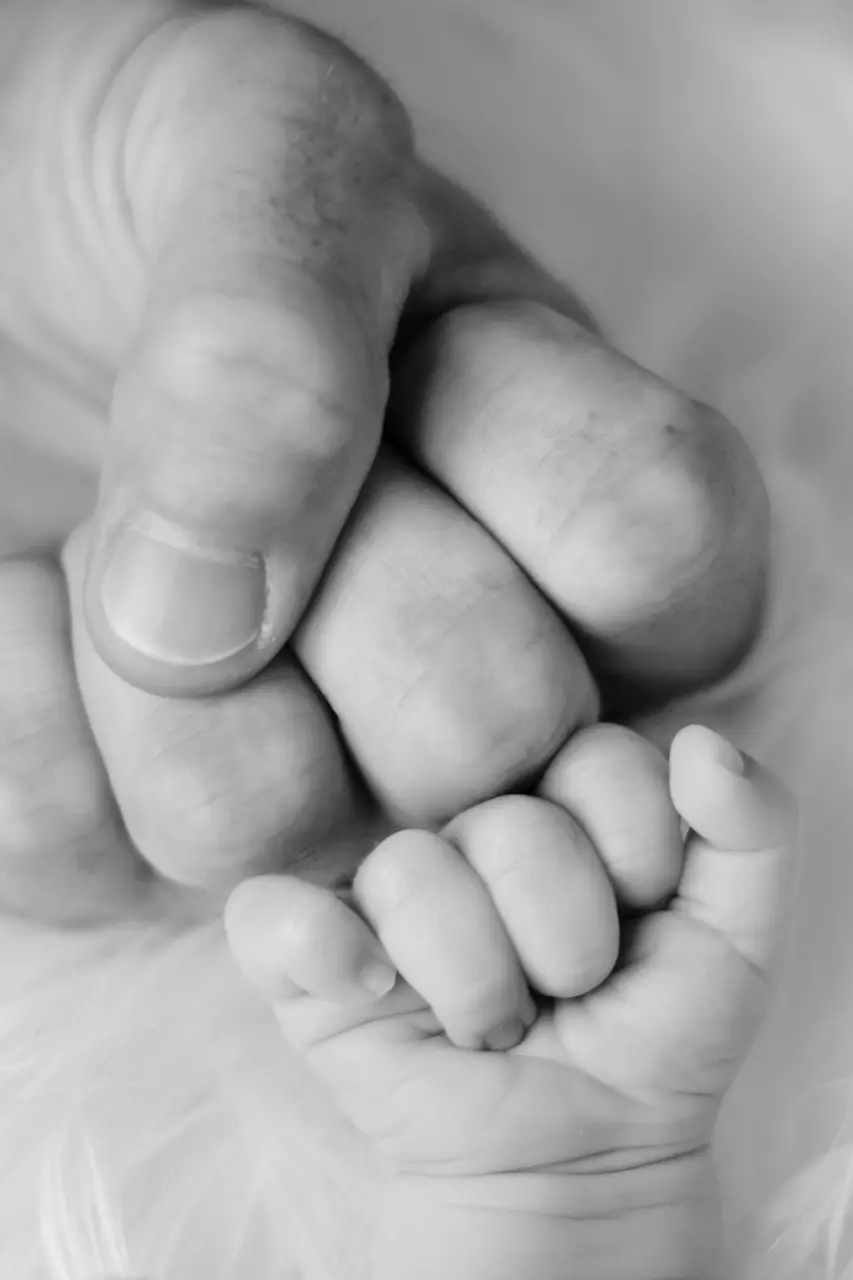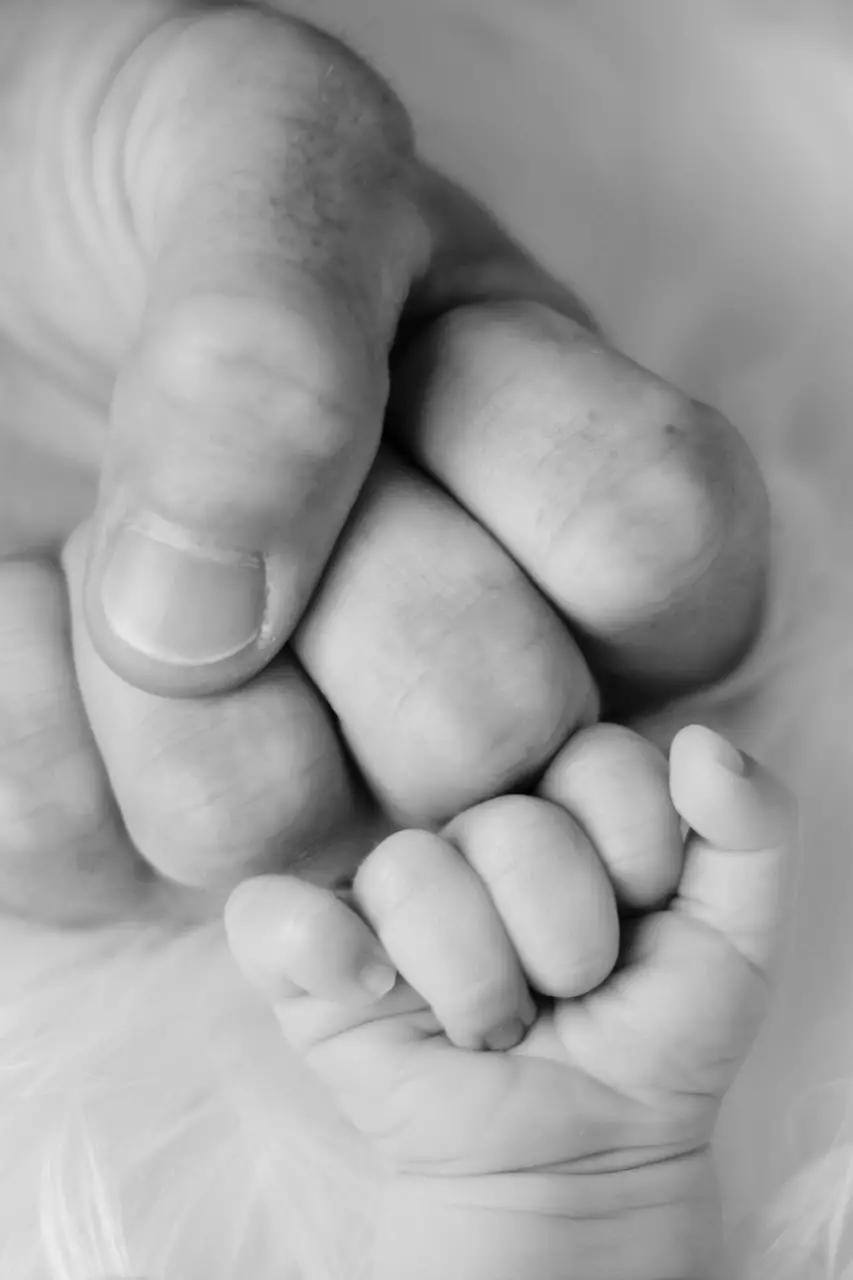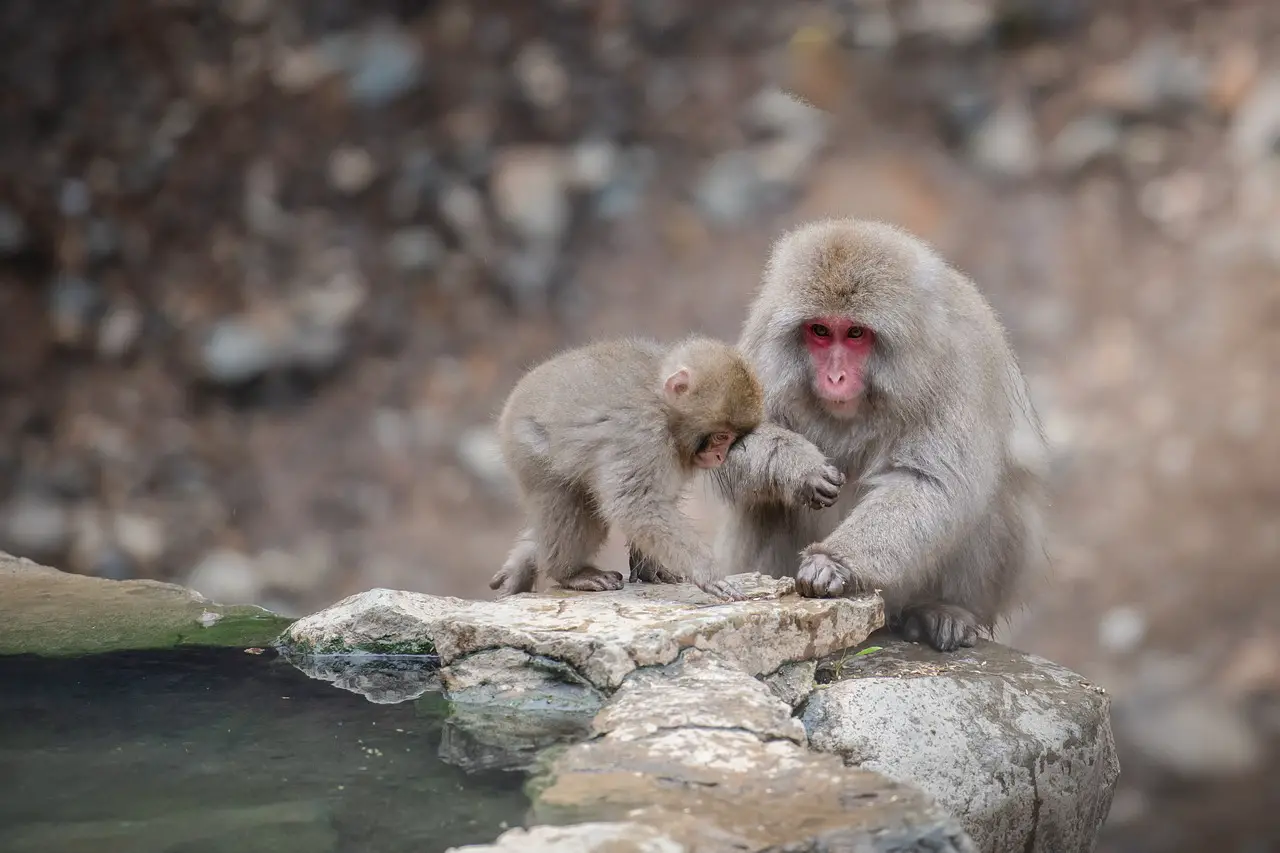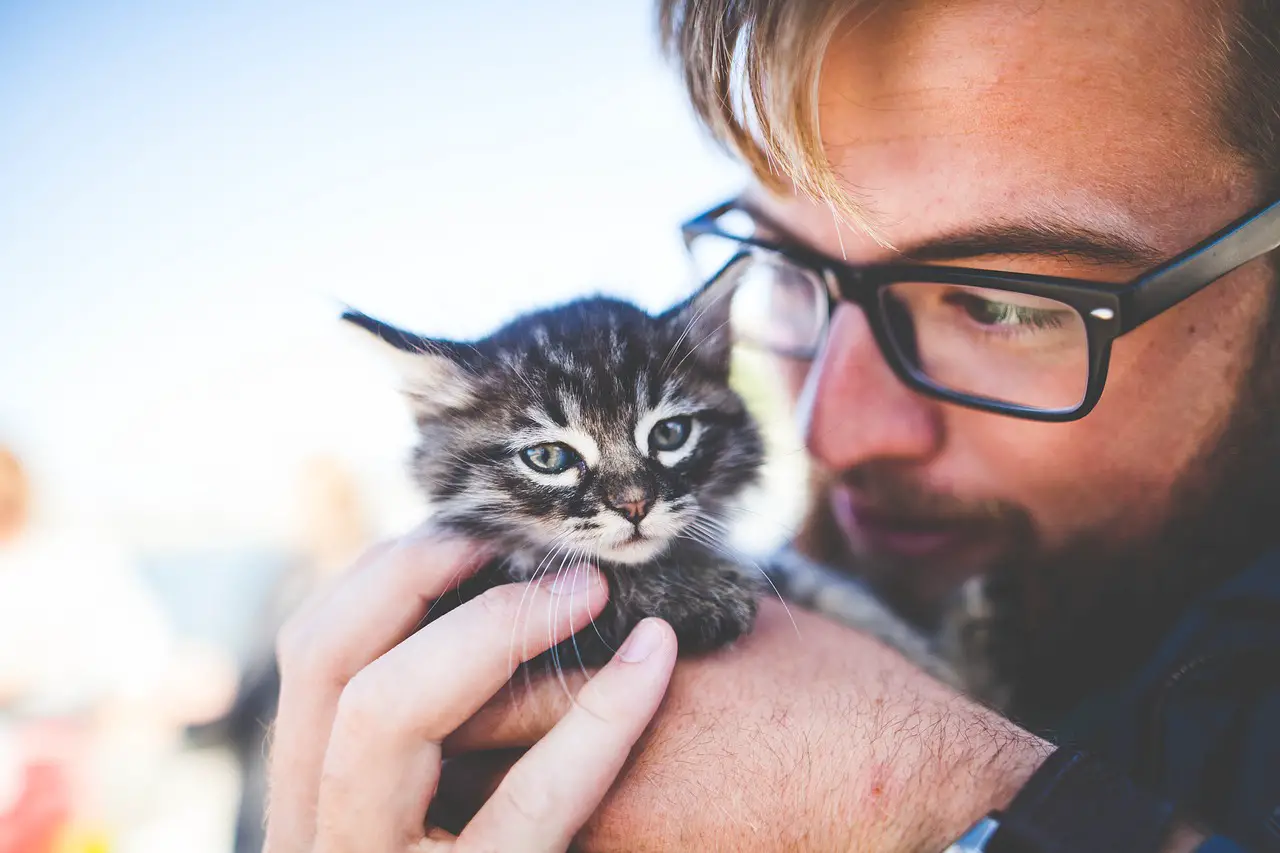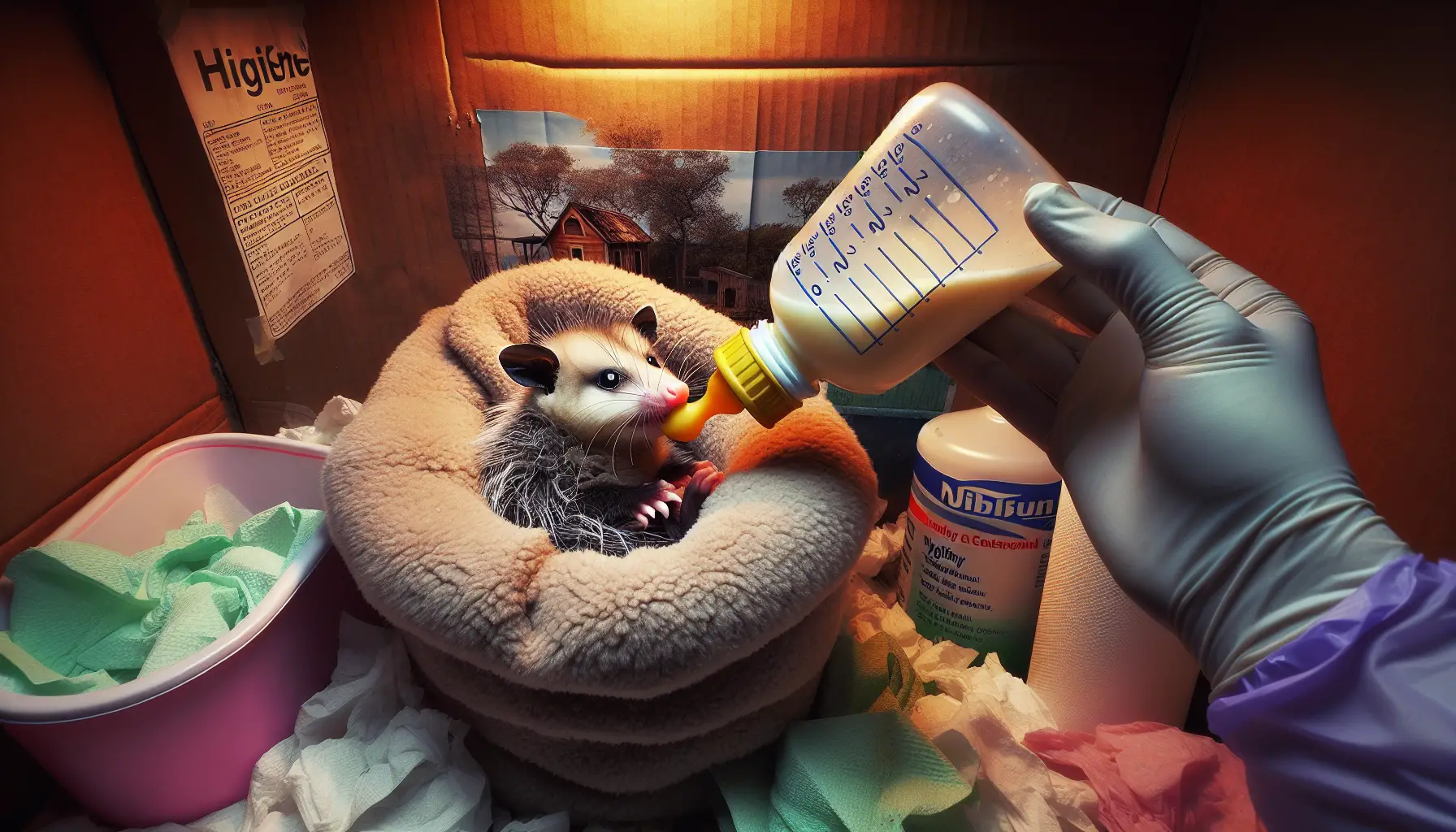Have you ever wondered what it takes to care for a baby opossum? In this article, we will guide you through the essentials of providing proper care and nurturing for these adorable creatures. From feeding and housing to socializing and healthcare, we’ve got you covered. So whether you’ve stumbled upon a baby opossum in your backyard or have willingly taken on the responsibility, this article will equip you with all the knowledge you need to ensure the well-being and happiness of these unique little marsupials.
Choosing an Opossum as a Pet
Are you considering bringing a unique and fascinating companion into your life? A pet opossum might be just what you’re looking for! Opossums, known for their distinctive appearance and gentle demeanor, can make wonderful pets for those willing to put in the time and effort to care for them properly. However, before diving into the world of opossum ownership, it’s crucial to conduct thorough research and make informed decisions. This comprehensive guide will walk you through the essential aspects of opossum care, from finding reputable sources to understanding legal requirements and preparing a suitable habitat.
Researching Opossum Care
As with any pet, it’s essential to gather as much information as possible about opossum care before bringing one into your home. Start by understanding the natural behaviors, dietary needs, and socialization requirements of opossums. Familiarize yourself with their life expectancy, grooming needs, and potential health issues. Consider reading books, consulting reliable online resources, and connecting with experienced opossum owners or exotic pet enthusiasts. By equipping yourself with knowledge, you’ll be better prepared to provide a happy and healthy life for your new opossum friend.
Finding a Reputable Source
Once you’ve decided that an opossum is the right pet for you, it’s crucial to find a reputable source to acquire your furry companion. Look for licensed opossum breeders or consider adopting from wildlife rehabilitation centers that specialize in placing opossums in suitable homes. Avoid supporting illegal wildlife trade or acquiring opossums from unethical sources. Reputable breeders or rehabilitation centers will provide you with important information about the opossum’s background, health records, and any specialized care they may require.
Considering Legal Requirements
Before welcoming an opossum into your home, it’s vital to ensure that keeping one as a pet is legal in your area. While opossum ownership is legal in certain states or jurisdictions, regulations can vary. Check local laws and regulations governing exotic pet ownership, as well as any permits or licenses required. It’s important to prioritize the welfare of these unique creatures and abide by legal requirements to protect both the opossum and yourself.
Preparing a Suitable Habitat
Creating a suitable and comfortable habitat is essential for the well-being of your pet opossum. Opossums are arboreal animals by nature, so provide them ample space to climb and explore. A large, secure enclosure with branches, ropes, and ledges for climbing and perching is ideal. Choose bedding material that is safe, absorbent, and easy to clean, such as shredded paper or straw. Ensure that the enclosure is escape-proof and free from any hazards that could harm your opossum. Remember, a happy and enriched living environment is paramount for a healthy opossum.
Feeding and Nutrition
To keep your opossum in optimal health, providing a well-balanced and suitable diet is crucial. Understanding their dietary needs, introducing solid foods appropriately, and establishing a feeding schedule are essential aspects of opossum care.
Understanding the Opossum’s Diet
Opossums are omnivorous animals, meaning they consume both plant matter and animal protein. In the wild, their diet consists of fruits, vegetables, insects, small mammals, and carrion. Replicating this varied diet is essential to meet their nutritional requirements in captivity.
Creating a Balanced Diet
To ensure proper nutrition, offer a balanced diet that includes commercial opossum kibble, fresh fruits, vegetables, and occasional lean protein sources such as cooked chicken or boiled eggs. Avoid foods that could be harmful to your opossum, including chocolate, caffeine, and high-fat or sugary treats. Consult with a veterinarian specializing in exotic pets to formulate a diet plan tailored to your opossum’s specific needs.
Introducing Solid Foods
When caring for a baby opossum, it’s necessary to start introducing solid foods at the appropriate age. Baby opossums should initially be fed a specialized milk replacer formula suitable for marsupials. As they grow older, gradually introduce solid foods by offering small amounts of softened fruits and vegetables. Monitor their tolerance and adjust the diet accordingly.
Feeding Schedule
Establishing a consistent feeding schedule is vital for opossums. Adult opossums typically require feeding once or twice a day, while baby opossums might need more frequent feedings. Observe your opossum’s appetite and adjust portion sizes accordingly to prevent overfeeding or nutritional deficiencies.
Proper Hydration
Providing clean and fresh water is essential for maintaining your opossum’s hydration. Offer water in a secure container that your opossum can access easily. Monitor water consumption and ensure the water is changed regularly to prevent contamination.
Handling and Socialization
Creating a bond of trust and establishing positive interactions with your opossum is key to nurturing a healthy relationship. Proper handling techniques, introducing them to other household pets, and encouraging socialization with humans are essential aspects of opossum care.
Creating Trust and Bonding
Building trust with your opossum takes time and patience. Start by allowing your opossum to adjust to its new environment before attempting any handling. Offer treats as positive reinforcement and avoid sudden movements or loud noises that could startle them. Gradually introduce gentle petting and handling, ensuring your opossum feels secure and comfortable throughout the process.
Handling Techniques
When handling your opossum, it’s essential to support their body properly. Place one hand under their chest and use the other hand to support their hindquarters. This technique ensures their safety and minimizes stress. Avoid restraining or grasping them too tightly, as opossums are sensitive creatures.
Introducing to Other Pets
If you have other pets in your household, take proper precautions when introducing your opossum to them. Supervised interactions, gradual introductions, and using visual barriers, such as baby gates or cages, can help ease the process. Always prioritize the safety and well-being of all animals involved.
Interacting with Humans
Opossums can bond with their human caretakers and enjoy interactions. Engage in gentle playtime sessions, provide mental stimulation through interactive toys, and incorporate daily socialization routines. However, it’s important to respect your opossum’s boundaries and avoid overwhelming or forcing interactions. Each opossum has its own unique personality and comfort level when it comes to human interaction.
Providing Enrichment
Just like any other pet, opossums benefit greatly from engaging and stimulating environments. Creating a safe play area, offering mental stimulation through enrichment activities, and providing opportunities to climb and explore are essential aspects of opossum care.
Creating a Safe Play Area
Designate a safe and enclosed space within your home or a separate playpen specifically for your opossum. Remove any hazardous items or toxic substances that could harm your pet. Ensure there are no small objects that could be swallowed or sharp surfaces that could cause injuries. This play area will serve as your opossum’s safe haven for supervised playtime.
Offering Mental Stimulation
Opossums are intelligent creatures that require mental stimulation to prevent boredom and promote overall well-being. Provide puzzle toys, interactive feeders, and hide-and-seek games to keep their minds sharp and engaged. Rotate toys regularly to maintain their interest and introduce new challenges.
Providing Opportunities to Climb and Explore
As arboreal animals, opossums enjoy exploring their surroundings and climbing. Ensure their habitat is equipped with sturdy branches, ledges, and platforms to satisfy their natural instincts. Offer ladders, tunnels, and ropes to create a stimulating environment that encourages physical activity and exploration.
Health and Veterinary Care
Maintaining your opossum’s health is crucial for their overall well-being. Understanding common health issues, finding a reptile veterinarian, staying up to date on vaccinations and preventive care, and preventing parasites are key aspects of opossum care.
Recognizing Common Health Issues
Be vigilant and monitor your opossum closely for any signs of illness or discomfort. Common health issues in opossums include respiratory infections, dental problems, gastrointestinal issues, and injuries. Familiarize yourself with the signs and symptoms of these conditions and seek prompt veterinary care if needed.
Finding a Reptile Veterinarian
Not all veterinarians are well-versed in treating opossums. It is crucial to find a qualified reptile veterinarian with experience in exotic pet care. Seek recommendations from local exotic pet owners or wildlife rehabilitation centers to ensure your opossum receives the best possible care.
Vaccinations and Preventive Care
Consult with your reptile veterinarian regarding the vaccinations your opossum may require. Vaccinations protect against diseases that can be detrimental to their health. Follow a preventive care routine, which includes regular check-ups, vaccinations, deworming, and dental care.
Parasite Prevention and Treatment
Ticks, fleas, mites, and intestinal parasites are common issues that can affect opossums. Consult with your veterinarian for appropriate parasite prevention methods. Regularly check your opossum for any signs of infestation and promptly treat any parasites that are identified.
Training and Behavioral Management
Training your opossum and establishing boundaries are important aspects of opossum care. Litter training, socializing with humans, addressing annoying behaviors, and setting rules and limitations contribute to a well-adjusted and mannered pet.
Litter Training
Opossums can be litter trained with patience and consistency. Provide them with a suitable litter box filled with a safe, absorbent material. Encourage your opossum to use the litter box by placing their waste in it initially and rewarding them when they use it correctly. Gradually reduce the number of litter boxes as they become more consistent in using them.
Socializing with Humans
Regular socialization with humans helps your opossum become comfortable and confident around people. Engage in gentle playtime sessions, handle them regularly, and reward calm and friendly behavior. Opossums are social animals, and positive interactions will contribute to their overall happiness and well-being.
Addressing Annoying Behaviors
Like any pet, opossums may exhibit behaviors that are considered annoying or undesirable. For instance, they may be prone to raiding trash cans or making noise during the night. Address these behaviors by employing positive reinforcement techniques, such as distraction with toys or treats, and establishing consistent rules and routines.
Establishing Boundaries
Set clear boundaries for your opossum to establish a well-behaved and balanced relationship. Encourage appropriate behavior through positive reinforcement and redirect unwanted behaviors using gentle, non-confrontational methods. Consistency and patience are key to shaping your opossum’s behavior.
Maintaining Hygiene
Maintaining proper hygiene is essential for your opossum’s health and well-being. Grooming and cleaning routines, regular cage or bedding maintenance, and periodic health checks ensure a clean and comfortable environment for your pet.
Grooming and Cleaning
Opossums generally keep themselves clean through regular grooming. However, it’s important to inspect their coat for any signs of parasites, wounds, or matting. If necessary, gently brush their fur using soft brushes designed for small animals. Clean their ears and eyes regularly, using mild, veterinarian-approved solutions when needed.
Bedding and Cage Maintenance
Regularly clean and disinfect your opossum’s cage or habitat to prevent the buildup of bacteria or odors. Remove soiled bedding and replace it with fresh and clean material. Ensure that the enclosure remains dry and well-ventilated to maintain a hygienic environment.
Regular Health Checks
Schedule regular health check-ups with your reptile veterinarian to monitor your opossum’s overall health. During these visits, your veterinarian will perform a thorough examination, check for any signs of disease or injury, and provide necessary vaccinations or treatments. Early detection of health issues is crucial for timely intervention and better outcomes.
Handling Emergencies
Being prepared for emergencies is vital for every pet owner. Familiarize yourself with first aid for opossums, assemble an emergency kit, and have a list of emergency contacts and resources readily available.
First Aid for Opossums
In case of emergencies or injuries, it’s essential to know basic first aid techniques for opossums. This includes methods to control bleeding, stabilize fractures or injuries, provide CPR if necessary, and safely transport the opossum to a veterinary facility.
Emergency Contacts and Resources
Compile a list of emergency contacts, including your reptile veterinarian, local wildlife rehabilitation centers, and animal poison control hotline. Keep this information easily accessible so that you can seek assistance promptly during emergencies. Additionally, assemble an emergency kit that includes items such as bandages, gauze pads, pet-safe antiseptic, and contact information.
The Importance of Wildlife Rehabilitation
While opossums can make delightful pets, it’s important to consider the broader implications of wildlife rehabilitation. Understanding the importance of wildlife rehabilitation and the possibility of releasing opossums back into the wild is a crucial aspect of responsible pet ownership.
Understanding Wildlife Rehabilitation
Wildlife rehabilitation involves the care and rehabilitation of injured, orphaned, or distressed animals to increase their chances of survival and successful return to their natural habitat. Wildlife rehabilitation centers specialize in providing necessary medical treatment, nutrition, and support to help opossums and other animals regain their strength and adaptability.
Considering Release into the Wild
In some cases, it may be possible to release an opossum back into the wild once they have received appropriate care and rehabilitation. However, this decision should be made in consultation with wildlife rehabilitation professionals and be based on the opossum’s individual circumstances. The ultimate goal is to give the opossum the best chance of thriving in its natural habitat.
Conclusion
Choosing an opossum as a pet can be a rewarding and fulfilling experience. By thoroughly researching opossum care, finding a reputable source, understanding legal requirements, and preparing a suitable habitat, you can provide a loving and nurturing environment for your opossum companion. From feeding and nutrition to handling and socialization, providing enrichment, and taking care of their health and hygiene, every aspect of opossum care requires your attention and commitment. Remember, responsible pet ownership and a deep understanding of their natural behaviors will enable you to create a fulfilling and lasting bond with your unique and captivating opossum friend.
